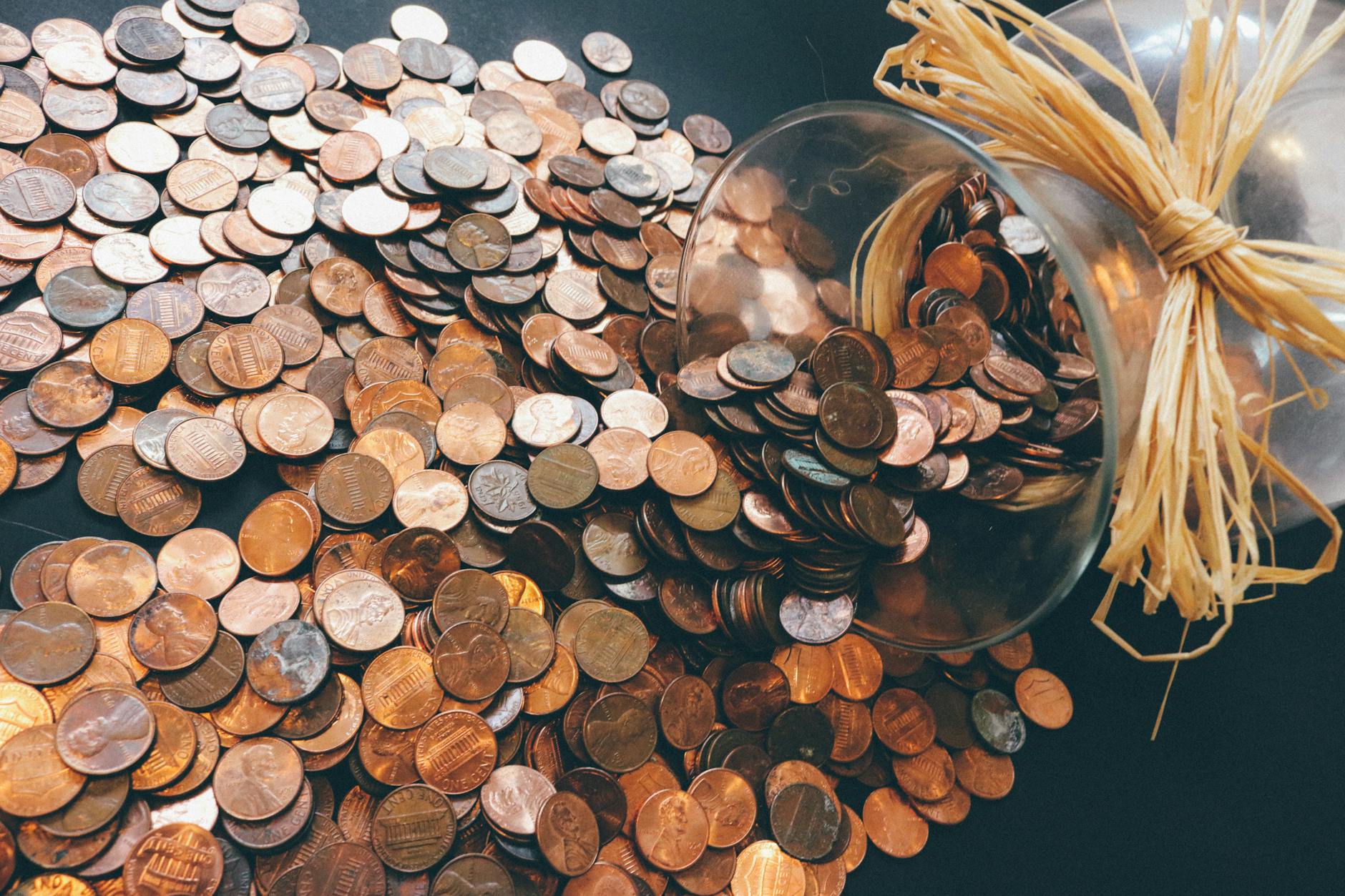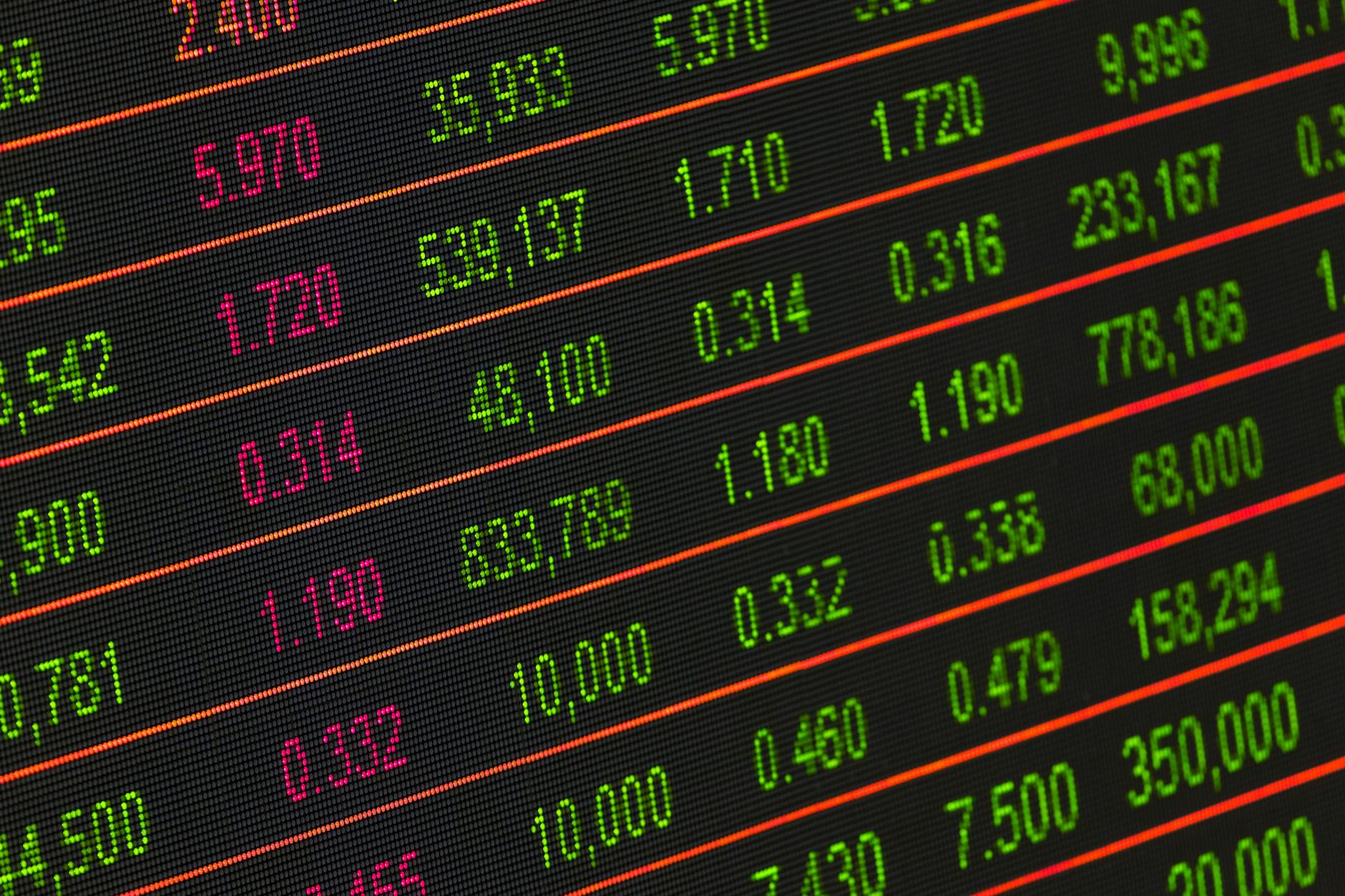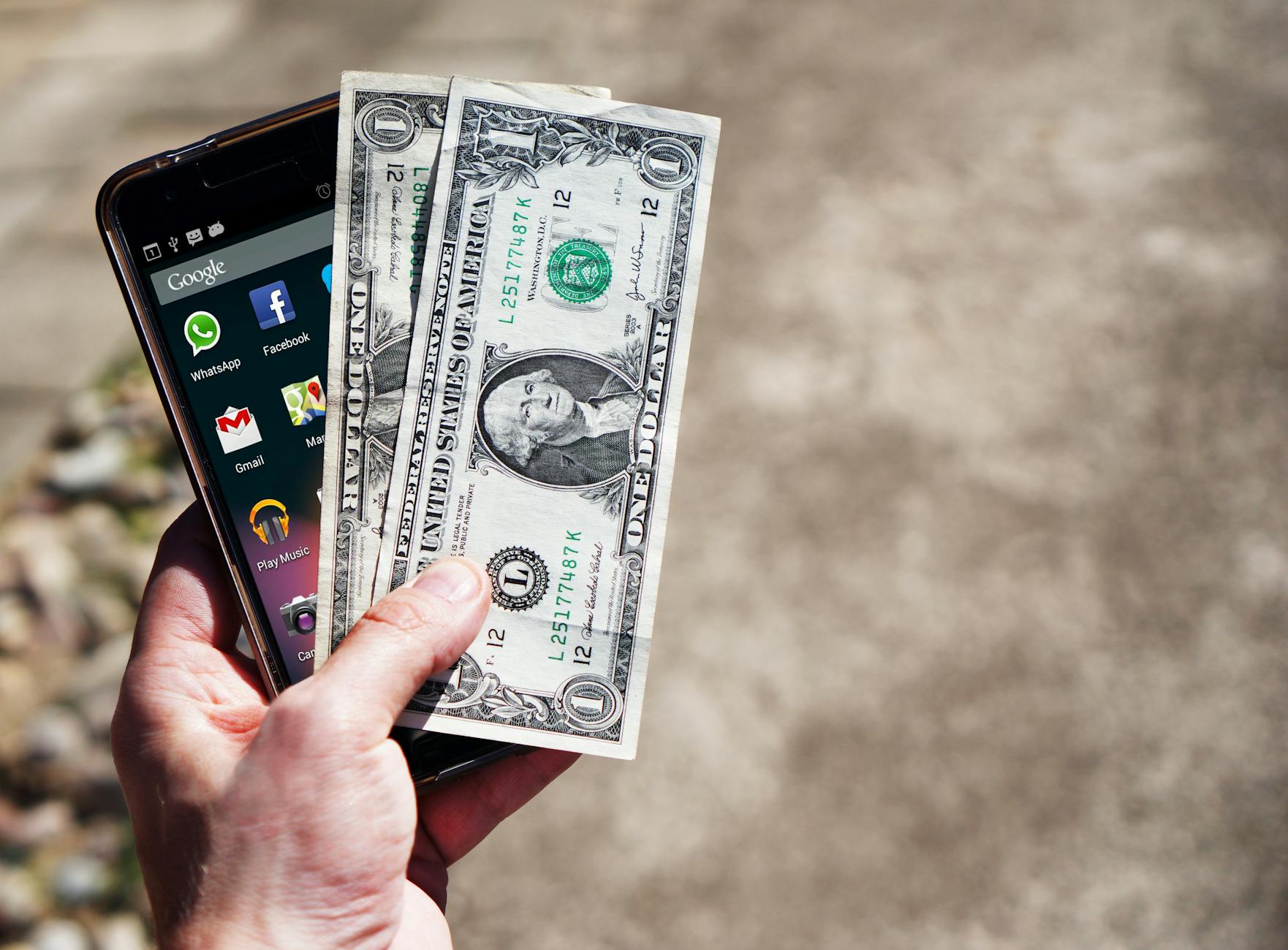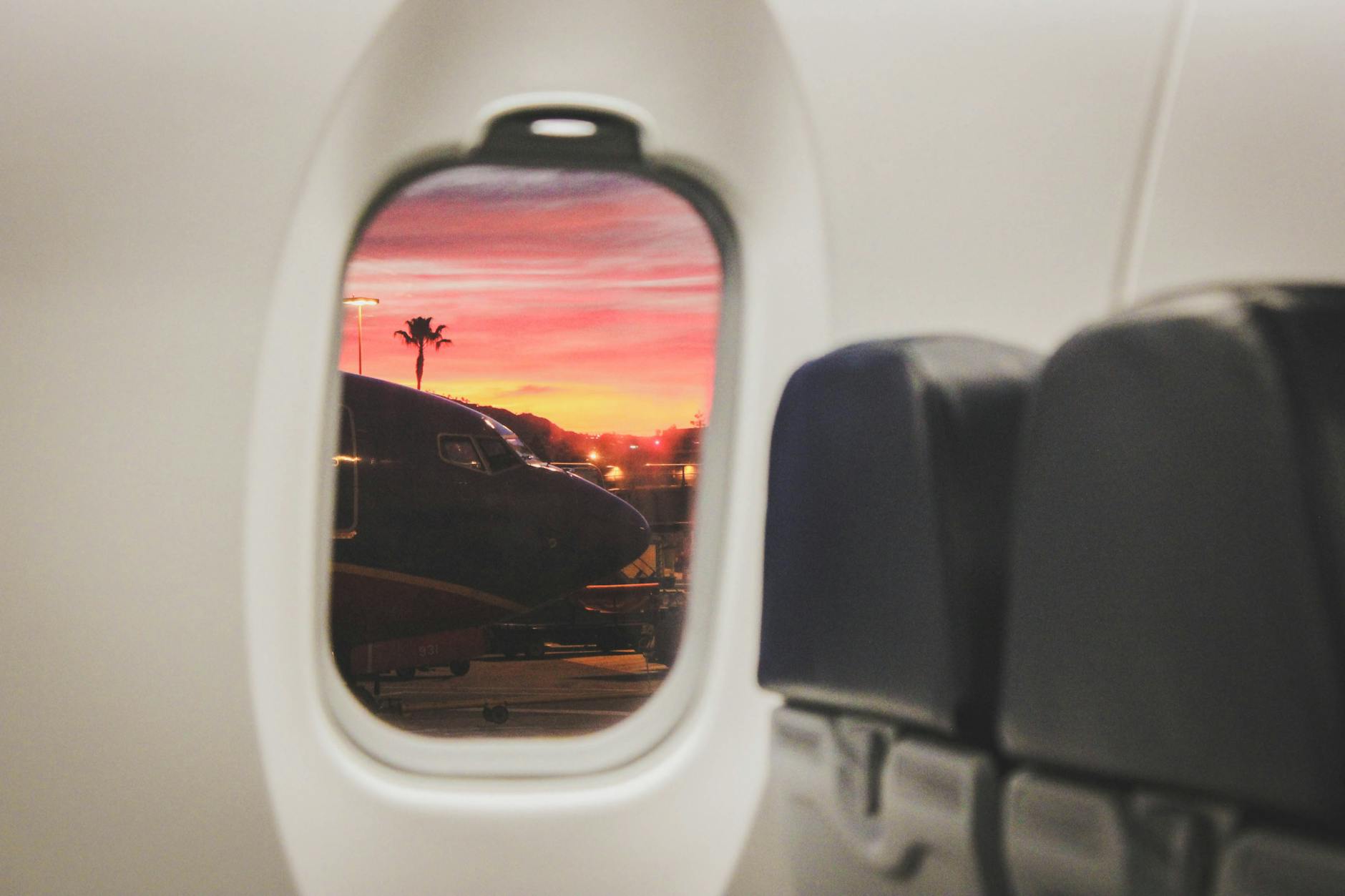8 Simple Ways to Get a Better Foreign Exchange Rate

If you decide to cross borders and travel to other countries, you might be required to pay for things in a foreign currency. This can result in a ton of additional hidden fees and charges, especially if:
- The currency isn't a popular one (e.g. Fiji dollar, Cuban dollar)
- The country you are traveling to is more cash-based
Before The Trip
1. AVOID THE BIG BANKSBMO, TD, Scotiabank, CIBC, and RBC tend to have THE WORST exchange rates if you decide to line up at the counter and request it. You can try haggling with them to get a lower rate, but in my experience it's still not worth it because they will factor in nice, fat, profitable spreads on the actual exchange rate.

2. GET A NO FOREIGN TRANSACTION FEE CREDIT CARD
If you're going somewhere like the United States, Iceland or Australia, you won't need a lot of cash and can probably pay by credit card 95% of the time. I've posted about the best no-foreign transaction fee credit cards in Canada, which is hands down my preferred method of payment abroad. Most of the credit cards offered also offer cash back or other travel rewards, which is a sweet little bonus on top of not having to incur the 2.5% fee.
Just remember to call customer service before you go to let them know you'll be incurring transactions in another country - that way your purchases don't get blocked.
/arc-anglerfish-tgam-prod-tgam.s3.amazonaws.com/public/W4GR753RXREIXNGWUTNBLSZZHQ)
3. GET A CHEQUING ACCOUNT WITH SCOTIABANK OR TANGERINE
Scotiabank is part of the Global ATM Alliance, which means it has banking partners all over the world where you can withdraw cash using either a Scotiabank or Tangerine debit card without ATM withdrawal fees. The other Canadian banks typically charge anywhere between $3-5 per withdrawal, which can become a pretty big cost.
There are a variety of Scotiabank chequing accounts that you can sign up for, which have varying minimum balances and monthly fees. Occasionally they will offer a $300 bonus to sign up as a new customer.
If you're not a Scotiabank customer and don't want to deal with spreading your money across multiple chequing accounts, I suggest signing up for Tangerine. You can do everything online as there are no physical Tangerine branches. There is no minimum amount required to maintain an active chequing account with them, and there are no monthly fees. In fact, you can even earn a small amount of interest on the balance in your chequing account!
Example: When I was in Australia, New Zealand, and Fiji, I regularly withdrew cash from nearby Westpac ABMs, which meant I only had to pay the daily exchange rate. The spread on the exchange rate is around 2%, so it's not as good as a no-fee credit card, but it's still lower than going to a currency exchange shop.

4. GO TO A CURRENCY EXCHANGE SERVICE
There are some places where you just have to use cash, especially to take a cab from the airport to your hotel or AirBnB. In that case, you may want to grab foreign currency ahead of your trip.
A quick Google search on "foreign currency exchange" will yield many results nearby, but generally these rates aren't published or updated every day. Generally, I call ahead and compare to see where I can get the best rate. In the past, I've used My Currency Shoppe for my Asia trips and found the Toronto Chinatown location to have the lowest spreads.

5. PACK CANADIAN OR U.S. DOLLARS JUST IN CASE
Most of the time, I will bring anywhere between $40-100 CAD/USD with me in case I need to exchange cash locally. This is more for emergency, in case there aren't any Scotiabank partner ABMs around, or I can't pay by credit card.
What You Can Do Once You're There
6. AVOID EXCHANGING MONEY AT THE AIRPORT (UNLESS YOU ABSOLUTELY HAVE TO)
If the only way you can get from the airport to your hotel is via taxi and you don't have any local currency on you, then exchange your money at the airport as a last resort. I don't recommend doing this unless you have no choice, as the airport will have at least a 2-3% spread on foreign currencies.
7. DON'T USE YOUR CREDIT CARD TO WITHDRAW CASH
You can use your no-foreign transaction fee credit card to buy things directly, but avoid using it to withdraw cold, hard cash if your outstanding balance is more than $0.00. This counts as a cash advance and will result in a $5-10 fee in doing so.
8. RESEARCH WHERE YOU CAN EXCHANGE CURRENCY LOCALLY
If you're traveling to a city, chances are there are banks or local currency exchange services nearby, especially if you're staying at a hotel or close to a business district. Many of these places have better rates than the banks or the airport. You may want to call or visit at least two or three places to compare exchange rates. Generally, I avoid doing this unless I absolutely need to, as exchanging currency locally can suck up a lot of time that could otherwise be spent sightseeing.

Comments
Post a Comment